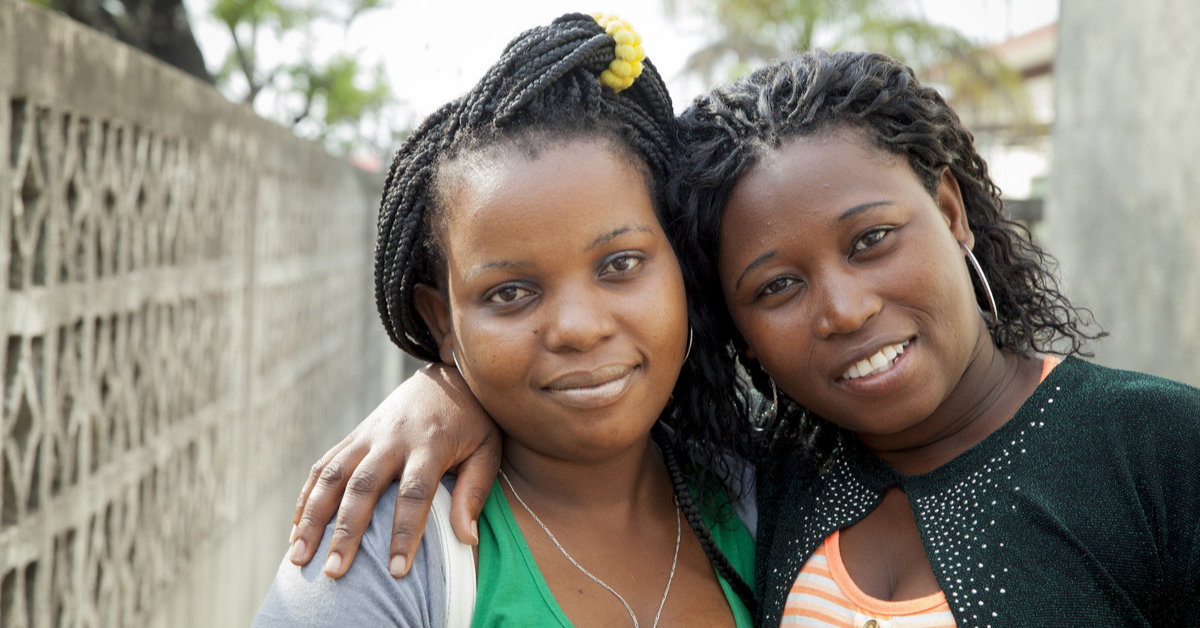Written by Jennifer Hegle, Senior Program Manager, LINKAGES and Catherine Todd, Scientist at FHI 360
This month, The Lancet published an open letter to Indonesian President Joko Widodo from a group of prominent Indonesian academics and experts decrying their country’s response to illicit drug use. The letter’s authors called on the government to commit to proven public health approaches for addressing drug use and to urgently discontinue counterproductive strategies, such as involuntary rehabilitation and the death penalty. The authors urged the Indonesian Government to scale back punitive measures; expand evidence-based interventions such as opioid substitution therapy, needle and syringe programs, and HIV treatment and care for people who use drugs; invest in collecting better quality data on the scale and nature of drug use in Indonesia; and form an independent national committee on drug use—comprising relevant ministries, researchers, practitioners, and drug-using community representatives—to review drug-related data, set priorities, recommend evidence-based actions, and monitor progress. A harsh, criminalized, ill-informed approach to illegal drug use violates the human rights of people who inject drugs (PWID); hampers HIV-related research; and cripples HIV prevention, care, and treatment efforts among this key population. LINKAGES’ work on these very issues is grounded in an evidence- and rights-based approach to reducing HIV among key populations and their partners and improving their enrollment and retention in care across the HIV cascade. On May 15, 2015, LINKAGES hosted a technical consultation in Bangkok with 51 subject-matter experts in drug user advocacy; harm reduction; and HIV surveillance, monitoring, and evaluation to discuss strategic information issues for people who inject drugs. Strategic information is the systematic collection, analysis, and dissemination of information to optimize programming. Collaboratively, the participants identified gaps in strategic information collection methods, indicators, and use, particularly in ways that respect the rights and needs of people who inject drugs. The participants noted that people who inject drugs are the best source for understanding how to provide services and their involvement in data collection is critical to ensuring a rights-based approach. Edo Agustian, National Coordinator of Persaudaraan Korban Napza Indonesia (PKNI) / Indonesian Drug Users Network shared a positive example of greater community involvement in Indonesia, where PWID networks conduct research in their own communities, often with greater success in finding hidden subpopulations, such as women who inject drugs. Beginning in 2013, PKNI, in collaboration with Oxford University, initiated “Women Speak Out,” a cross-sectional study among approximately 700 women participants. Researchers investigated the factors associated with HIV risk among this subgroup and potential interventions. PKNI established a community advisory group comprising women who inject drugs to inform questionnaire design and guide all ethical and operational aspects of the study. The community-led team received on-going capacity-building from researchers, allowing them to develop marketable skills and knowledge while playing a substantive role in implementation. Outcomes included a strong sense of community ownership of the research and active participation from female respondents in the projects. PKNI’s work demonstrated the value of a transparent, peer-reviewed data collection process that works with the drug-using community as equal research partners rather than research subjects. Unfortunately, in Indonesia, the inclusion of people who inject drugs in strategic information collection is occurring within the context of the country’s “war on drugs.” PKNI reported that increased punitive approaches hampered their recruitment rates. Also, distrust among participants, and their fear of providing information to researchers or health workers, potentially caused reporting bias and increasingly results in hidden communities and higher potential for risky drug use practices. LINKAGES is partnering with people who inject drugs to address barriers like these and many others faced by key populations. We are working to enable greater involvement of people who inject drugs in strategic information data collection, analysis, and dissemination; improved access to integrated HIV and drug treatment services; and greater respect for the human rights of people who inject drugs.

